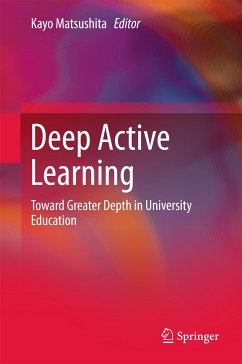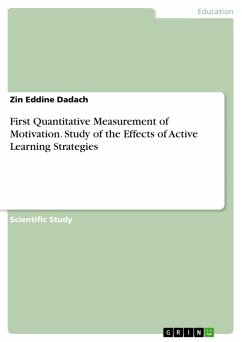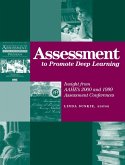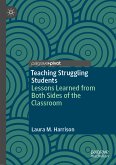This is the first book to connect the concepts of active learning and deep learning, and to delineate theory and practice through collaboration between scholars in higher education from three countries (Japan, the United States, and Sweden) as well as different subject areas (education, psychology, learning science, teacher training, dentistry, and business).
It is only since the beginning of the twenty-first century that active learning has become key to the shift from teaching to learning in Japanese higher education. However, "active learning" in Japan, as in many other countries, is just an umbrella term for teaching methods that promote students' active participation, such as group work, discussions, presentations, and so on.
What is needed for students is not just active learning but deep active learning. Deep learning focuses on content and quality of learning whereas active learning, especially in Japan, focuses on methods of learning. Deep active learning is placed at the intersection of active learning and deep learning, referring to learning that engages students with the world as an object of learning while interacting with others, and helps the students connect what they are learning with their previous knowledge and experiences as well as their future lives.
What curricula, pedagogies, assessments and learning environments facilitate such deep active learning? This book attempts to respond to that question by linking theory with practice.
Dieser Download kann aus rechtlichen Gründen nur mit Rechnungsadresse in A, B, BG, CY, CZ, D, DK, EW, E, FIN, F, GR, HR, H, IRL, I, LT, L, LR, M, NL, PL, P, R, S, SLO, SK ausgeliefert werden.









